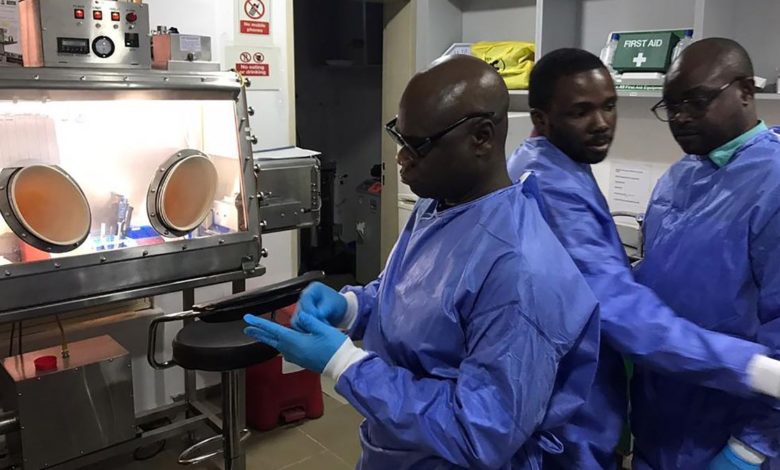High Profile Nigerians Accessing Medical Treatment From Home

The COVID-19 pandemic has made Nigeria’s affluent individuals resort to remote treatment, a HumAngle investigation has revealed.
Medical personnel, working in both public and private hospitals, say doctors are summoned to their private residences for treatment rather than attend to them in a hospital.
A doctor working with a public hospital in Abuja, who pleaded anonymity, said, “the rich and high profile people usually never go to public hospitals. They always go to private hospitals for treatment.
“Even if they must, they make sure the doctors at public hospitals go and meet them at home,” the doctor said.
The source also stated that now with the coronavirus, many politicians and bigwigs who tested positive, chose not to go to isolation centres but rather quarantine and treat themselves at home.
“For those who do, they go to private hospitals which have turned certain wards to isolation centres and public hospitals, such as National Hospital, Abuja, began to prioritise the patients admitted,” she said.
The doctor said that with the current climate of doctors increasingly becoming infected with the virus, it was becoming unfeasible to continue remote treatment for patients.
“A large percentage of doctors are currently in isolation centres after contracting the virus. Many at the hospital I work have tested positive, while others have taken a leave of absence because of the fear of infecting their families,” she elaborated.
A doctor at Alheri Clinic, Katsina, Suleiman Lukman, said that the rumours of doctors refusing patients were unfounded. “There is no discrimination,” he said.
“Any patient that comes in with symptoms or signs which may suggest COVID-19, we become extra precautious and carry out further investigations. Such cases are kept in the Accident and Emergency ward, which has now become more of an isolation centre in the hospital.
“But the main issue is bed space,” he added.
Lukman said that the hospital was now very understaffed with a lot of workload, with doctors working 36 hours shifts to allow social distancing as much as possible.
“Our facilities and equipment are also insufficient, which is another thing limiting us.
“Despite this, we still don’t reject patients. We only refer them to other hospitals when we run out of bed space,” he said.
Support Our Journalism
There are millions of ordinary people affected by conflict in Africa whose stories are missing in the mainstream media. HumAngle is determined to tell those challenging and under-reported stories, hoping that the people impacted by these conflicts will find the safety and security they deserve.
To ensure that we continue to provide public service coverage, we have a small favour to ask you. We want you to be part of our journalistic endeavour by contributing a token to us.
Your donation will further promote a robust, free, and independent media.
Donate HereStay Closer To The Stories That Matter




